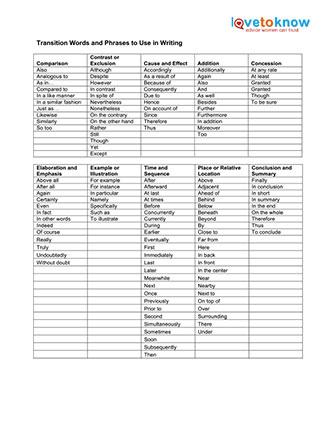
Work stress can be defined as a challenging combination of emotional and physical responses to job demands and work-related pressures. When a person is in a job-related situation that isn't consistent with their capabilities, knowledge, or needs, they experience work stress. The same can be true for work situations in which a person does not have access to the resources they need in order to do their job.
While all jobs are likely to involve some level of stress from time to time, true work stress can be harmful, especially when it is consistent. The emotional and physical reactions a person has to work stress can negatively impact health and lead to accidents or injuries.
Common Sources of Work Stress
There are many possible reasons for work stress to occur. Common sources of job-related stress include:
Environmental Stress
Some stress that people experience in the workplace is related to the physical environment in which they work. Many aspects of the physical work environment can lead to stress. Factors like the configuration of one's work area, the type equipment that must be used in order to perform job functions, and whether there are problems with workplace safety.
Job Uncertainty
Uncertainty can be a significant source of stress. People who aren't sure where they stand in their jobs often experience a high degree of work stress. Job uncertainty can take on many forms. For example, people often experience uncertainty at work in relation to organizational change, fear of job loss, unclear performance goals, a lack of feedback on one's job performance, or waiting to be considered for a promotion or a much-needed raise.
Issues Related to Coworkers
A great deal of workplace stress can be related to challenges associated with working with other people. For example, coping with difficult co-workers can lead to work-related stress, as can dealing with an ineffective boss or other poor leaders. The same is true for peer pressure at work. For some remote workers, the social isolation of being away from coworkers is a source of stress.
Performance Pressure
Feeling pressure to perform at a certain level, such as to produce a certain quality or quantity of work can be a workplace stressor. Performance pressure-related stress can be tied to things like sales or production quotas, manufacturing standards, impending deadlines, or having a boss with extreme standards of perfectionism.
The Impact of Work Stress
People experience work stress differently. What one person finds stressful in the workplace might be the very task or situation that another finds to be rewarding or motivating. Individual differences in the work stress response can make it challenging to address.
Task Preferences
Someone who is comfortable with public speaking won't find the act of making a business presentation to be stressful, for example. However, for people who don't like speaking in public or have a fear of public speaking, the thought of having to deliver a presentation can bring on a reaction that ranges from a mild case of nerves to a panic attack or stress-induced physical illness.
Work Style Preferences
The way a person manages time is an example of a preference that can impact work stress. An approaching deadline can be a positive factor for some people and a negative one for others. Some people do their best work when they have limited time to complete a task, while others struggle to cope with close deadlines. Those who react negatively to impending deadlines tend to view them as stressful while those who prefer to work with a tight deadline may perceive them as motivators.
When to Seek Help for Work Stress
Work stress can be positive or negative. Every job involves some level of stress, so it's important for everyone to know how to use stress management strategies. It's also important to be able to separate manageable day-to-day job-related stress from work-related situations that are negatively impacting your overall health and well-being. If you're experiencing sustained work stress or your health is being negatively impacted by job stress, consult a healthcare provider.







